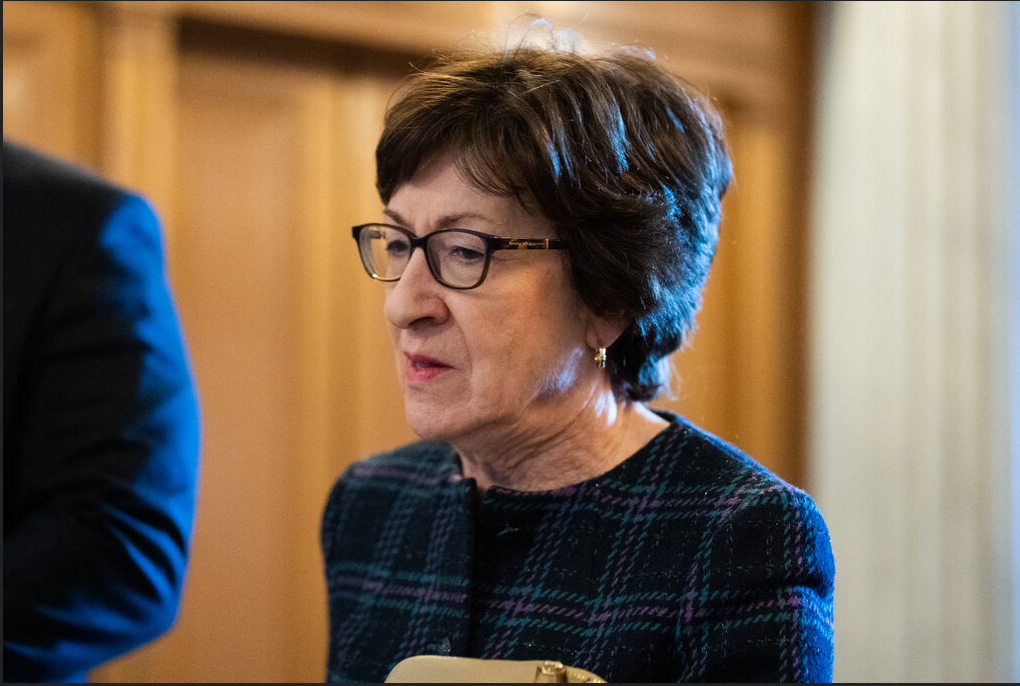Several bipartisan teams of senators reached a consensus that worked to prevent an illegitimate ratification procedure, which was the most significant reply to former White House chief Trump‘s campaign to overturn the results of the upcoming presidential race.
The deal is the culmination of months of negotiation led by Republican Sen. Susan Collins of Maine and Democratic Sen. Joe Manchin of West Virginia, along with an additional six Democrats and eight Republicans. The proposal unveiled Wednesday is split up into two bills. It will need 60 votes in the Senate to break any filibuster attempt, meaning that at least 10 Republicans would be needed to support any legislation. Announcement of the plan kicks off what is expected to be a challenging, months-long process to get the deal passed into law before the end of the year.
In their proposal, the congressional leaders seek to clarify that the vice president only has a ceremonial role in overseeing the certification of electoral votes. As part of that proposal, senators are attempting to define that there is a clear and distinct line between when candidates can receive federal resources for a transition into office. If neither candidate concedes within five days of Election Day, both candidates would be able to receive access to federal transition resources until “it is substantially certain who will win the majority of electoral votes,” according to a fact sheet. Ultimately, only one candidate will be eligible when there is “a clear winner of the election.”
The bill will endeavor to prevent something similar from occurring in the future.
Under the proposal, each candidate would get up to five minutes to make their case, with a moderator from the Federal Election Commission and representatives from both parties in Congress serving as timekeepers. According to a fact sheet released by the offices of Republican Sen. James Lankford and Democratic House Minority Leader Nancy Pelosi, the bill is co-sponsored by the nine Republicans and seven Democrats who announced the deal. It would also make it harder for members of Congress to attempt to overturn an election by increasing the number of House and Senate members required to raise an objection to election results when a joint session of Congress meets to certify them.
The bill proposes to enhance penalties for violent interference in elections and for tampering with election records. It is co-sponsored by five Republicans and seven Democrats.
The Vice President cannot ignore a state-certified Electoral College vote. President Trump pressured then-Vice President Pence to obstruct the Electoral College certification in Congress as part of his pressure campaign. But Pence refused to do so and, as a result, became a target of the former President and his mob of supporters who stormed the Capitol on January 6, 2021. In response to this, Sen. Mark Warner of Virginia proposed a bill that would make it harder for an election to be overturned when a joint session of Congress convenes to certify a presidential election. “Anything we can do and show to the American public that we realize how serious that day was, and that we’re going to do all we can to prevent a repeat of January 6th,” said Sen. Warner, “is a step in the right direction.”
Any future vice president must not, will not, will not be able to overturn legitimate votes of Americans and their electors that enable the states that vote.

